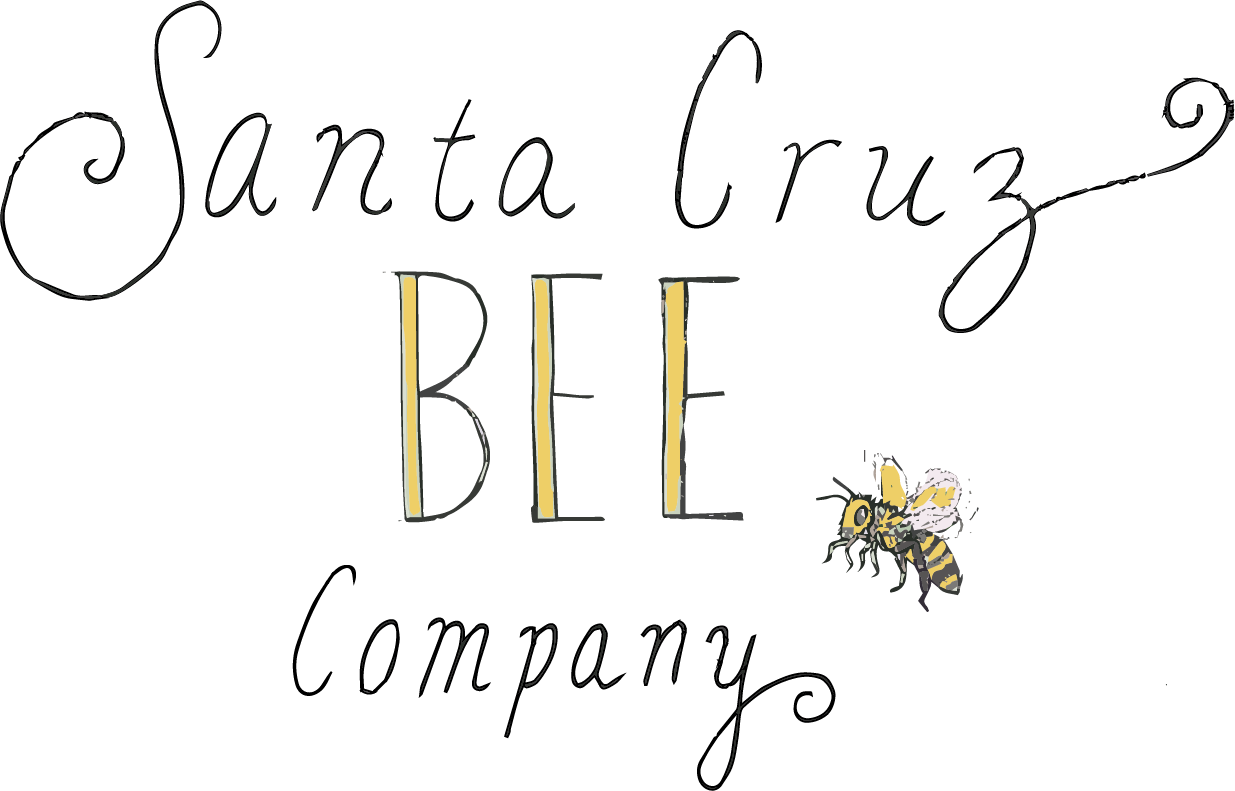This was something I wrote a couple months back that I just unearthed. I decided it was worthy of being a blog post. The struggle is real. I hope that over the years, through careful observation and gentle manipulations, I will do the bees a service and maintain my committment to Treatment Free Beekeeping.
I am a natural beekeeper with four years of experience. I am committed to being treatment free and not using any inputs in the hive to combat parasitic varroa mites. I believe that honey bees are highly adaptable and able to adjust to a variety of living environments. Furthermore, honey bees have had a number of pests and diseases over the centuries (foul brood, chalkbrood, wax moth, tracheal mites, etc.)
It is terribly depressing to see CWV bees, mites on bees, slumping and snotty brood. But, it’s also terribly depressing to force a foreign substance on a honey bee colony without their consent- that feels as cruel letting them die from a parasite.
How can we know if we are doing the right thing as beekeepers? How can we know if there is a “right” thing? These are all value judgments and assumptions that bees have the same emotional capacities as human beings. It’s impossible not to anthropomorphize honey bees, since we can only know experience and consciousness through our own human lens.
Does it matter? Will it make a difference weather I treat or do not treat? What about seeing it like litter or fossil fuel consumption- as a tragedy of the commons.
When it gets to this point, I begin to go into an existential tailspin and assume that nothing has meaning anymore and I might as well crawl under a rock and be broody.
But really, what is the conscious and enlightened choice? Especially if you want to “protect your investment” or “run a fiscally solvent business”? I don’t want to sell out, but it is hard to lose colonies out of stubbornness to hold onto beliefs that could be entirely arbitrary.
What if honey bees aren’t able to evolve past varroa mites? What if the existing mites that survive treatment keep becoming stronger and more resilient and take down all untreated hives?
When you have a parasite jump sub-species hosts due to an anthropogenic action, can we realistically believe that the bees will be able to survive and tolerate living with a parasite?
I don’t want to be seen as radical or reckless in my beliefs and actions. I am not someone who buys into hoaxes-- I believe in science.
It isn’t the bees fault that humans decided that globalized trade and transport of honey bees was a good idea and profitable- moving around species spreads diseases, causes invasive and noxious pests and parasites, and has any other number of unintended consequences.
Main lessons I learned from 2017:
Late spring/early summer brood breaks are crucial for a knockdown on mite populations. While this will impact your honey bee workforce, the bees will thank you come September/October. I did not do enough brood breaks of healthy, overwintered colonies from 2016, and a couple of those hives succumbed to varroa associated viruses.
You can’t bank on swarms of unknown origin, no matter how promising they may initially seem. Some do well, others fall flat, and I think a lot of it has to do with the fact that you do not know their lineage (they’re not “proven” stock).
Late season swarms that missed the main spring nectar flows should be supplemented with syrup early. If your bees are just squeaking by all summer, they won’t be strong enough to combat varroa and the developing winter bees won’t be fed well and won’t be strong enough to survive all winter long.

